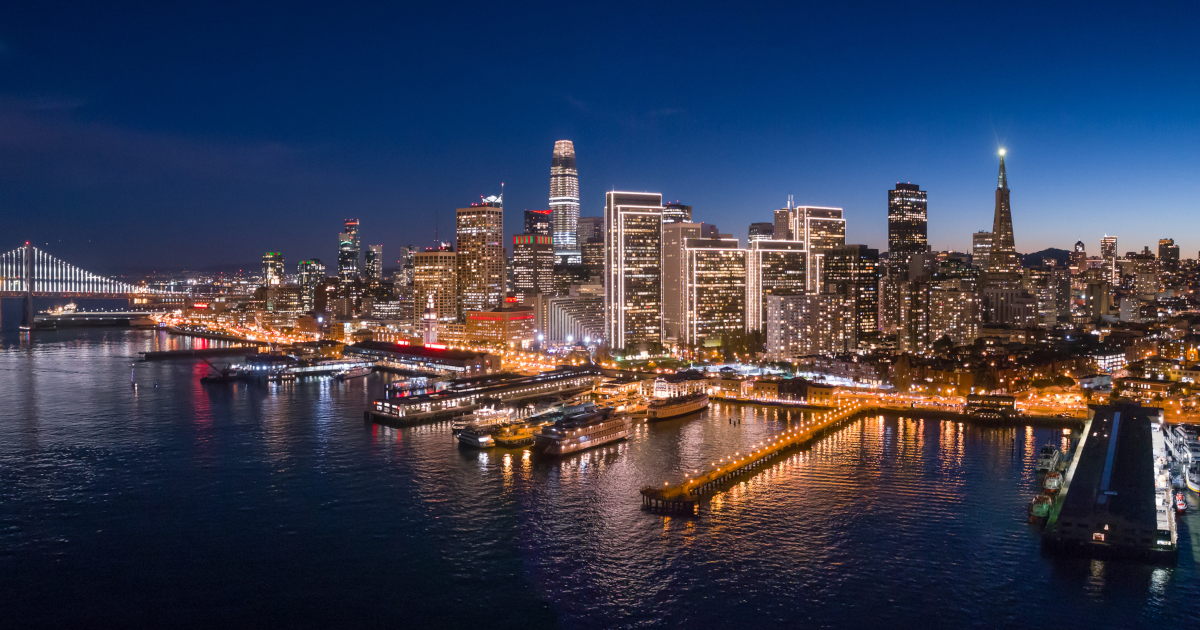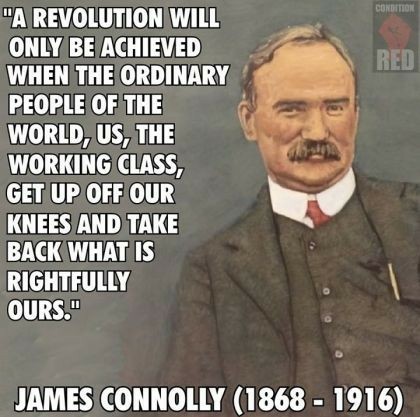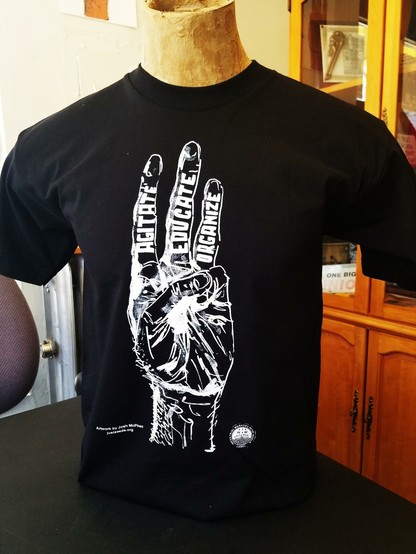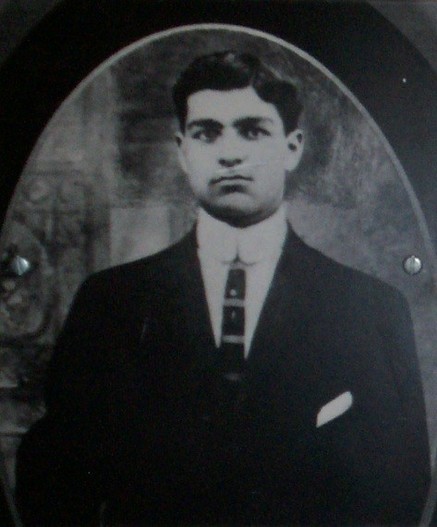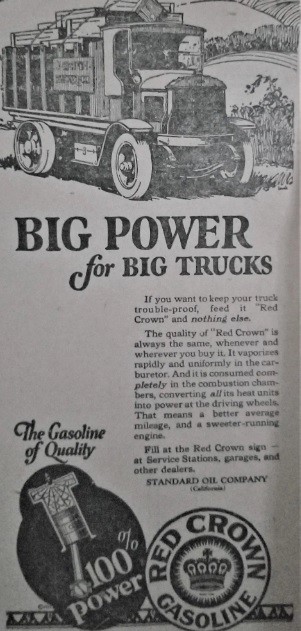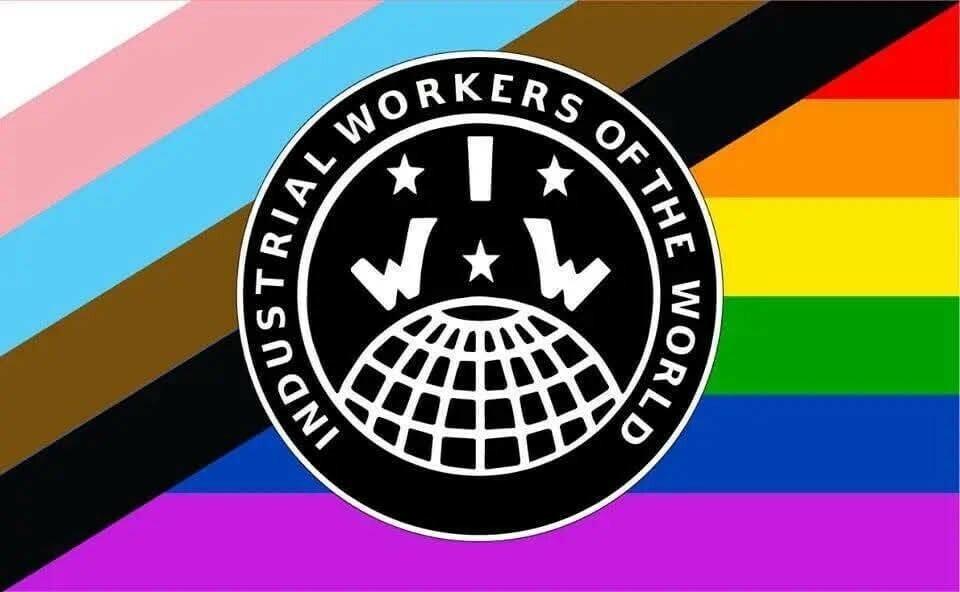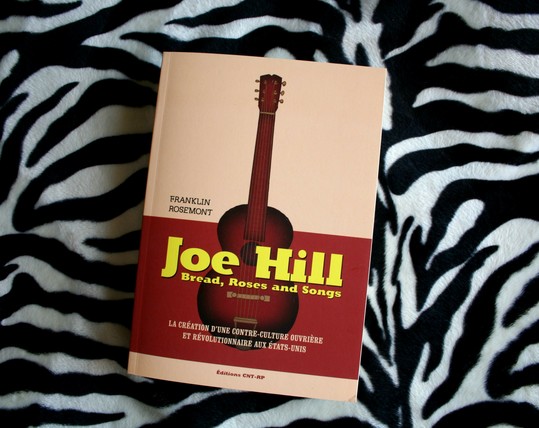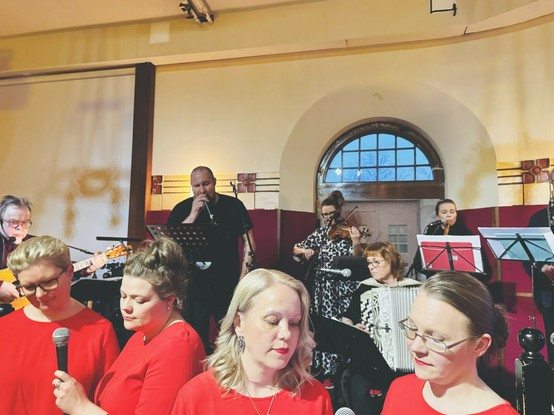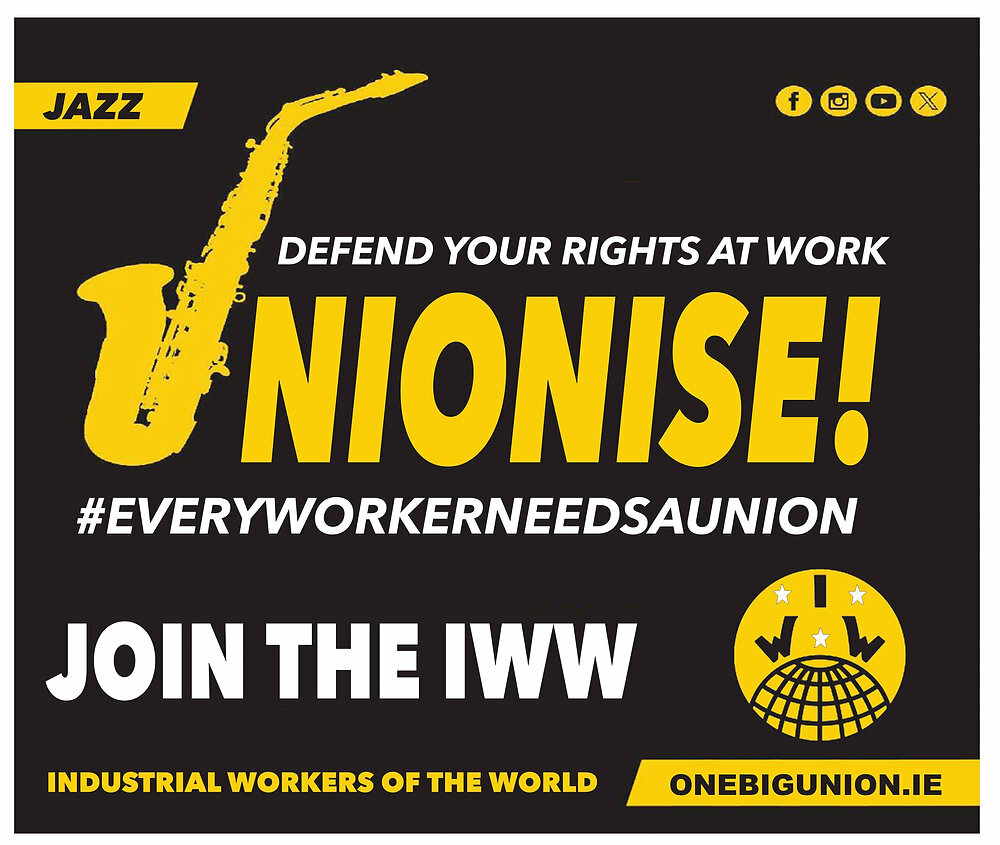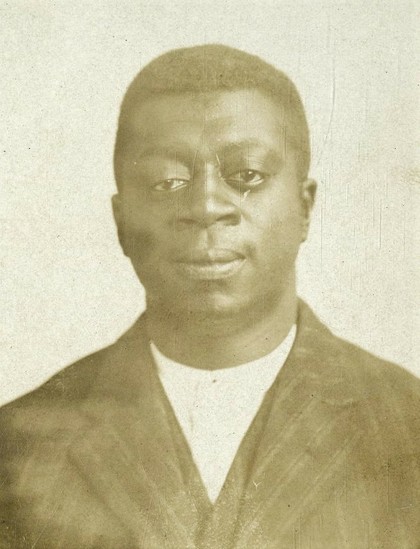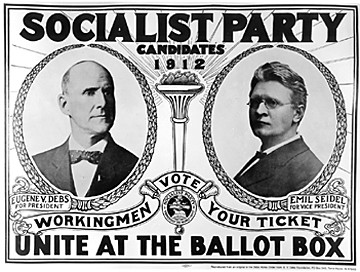California's senator Scott Wiener proposed a bill that would've let wildfire victims sue the oil companies for causing the climate crisis.
Guess who teamed up with the Big Oil execs to defeat the bill?
Unions.
Specifically the unions representing oil industry workers. In other words, the workers collaborated with their class enemies: their bosses.
I'm not opposed to unions. I've been a union organizer for decades. But goddamn, these blockheads are acting just like Mr. Block (https://en.m.wikipedia.org/wiki/Mr._Block). They somehow forgot the first rule of labor: the boss is NOT your friend. Be suspicious. Don't trust them. And sure as hell don't collaborate with them to help enrich them even further, especially not on your backs, nor in ways that further destroy the planet.
"The working class and the employing class have nothing in common.... Between these two classes a struggle must go on until the workers of the world organise as a class, take possession of the means of production, abolish the wage system, and live in harmony with the earth."
-- preamble to the constitution of the IWW
That last line, added to the original 1905 preamble to the IWW constitution in the late 1980s, might sound a bit vague and "crunchy." But it was an attempt to acknowledge that some types of work simply shouldn't exist. That's not to say those who currently work in those industries (e.g. Fossil fuel extraction) should be thrown under the bus. Everyone should be allowed to do something productive that they enjoy. And everyone should have all the material necessities to live a safe secure and meaningful existence. But saving the planet from climate collapse will certainly require many changes in the types of work that are available. Coal mining, for example, has been on the decline for years because there is so little left in many regions that it's not profitable for the bosses to continue paying miners to mine ît anymore.
In a sane and compassionate world, we'd provide these workers with free Healthcare housing, UBI, and retraining so they could transition to some other productive endeavor. And union leaders would recognize that the interests of their members are much more closely aligned with, and linked to, those of the rest of the working class. (Continued burning of oil will contribute to more climate disasters, more wild fires, and possible the loss of their own members' lives or homes).
https://calmatters.org/politics/2025/04/california-oil-union-climate-bill/

